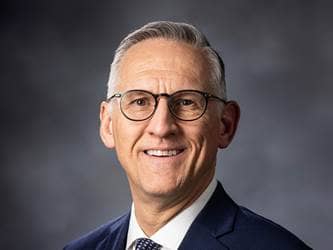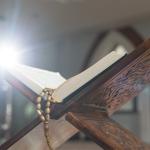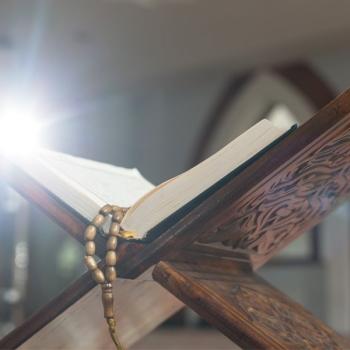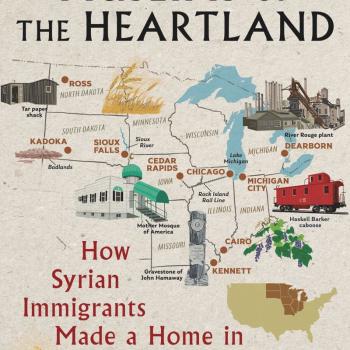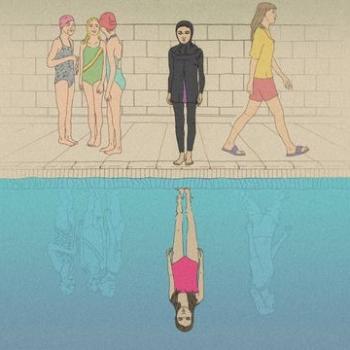
Islam is the third-largest religion in the United States, the second-largest religion in the world, and the fastest-growing religion on the planet. For a faith tradition that is only 1,400 years old, that’s phenomenal growth.
Of course, Muslims would say that their religion has been on the earth since the days of Adam. Nonetheless, its final restoration to the earth through the Prophet Muhammad (PBUH) took place in the 7th century of the common era.
Hence, even though this faith has been here a much shorter time than Judaism and for fewer years than Christianity, it is poised to pass Christianity up as the largest religion in the world; and it may do so within your lifetime and mine.
Growth of Islam in the United States
While most religions in the United States have been struggling for several decades, Islam is unique. Among all the world’s major religious traditions, Islam is really the only one that is growing—and growing rapidly at that.
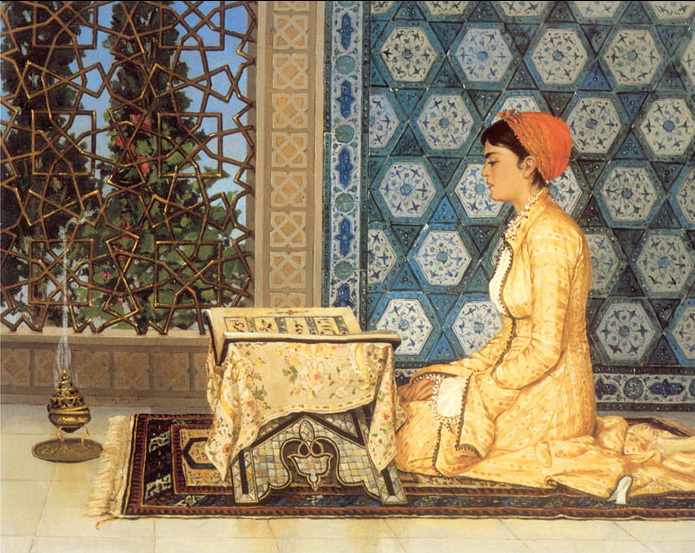
This growth is global, but U.S. growth has been significant, not only because of conversions but also through immigration and the reproductive practices of many Muslims.
Challenges Faced by Muslims Post-9/11
There are several factors which have posed challenges for Muslims living in the United States. One of the biggest, of course, was the events of September 11, 2001. Perceptions of Islam in the years following that event turned heavily negative, not only in the United States but globally as well.
Indeed, for many Americans, no perceivable distinction existed between the 9-11 terrorists and the mainstream Muslims living next door. “Islamophobia” became a real and present danger for many Muslims worldwide, particularly in post-9-11 United States.
While understandable, because of the magnitude of the 2001 attacks, this put many American Muslims in danger, physically, socially, professionally, and in nearly every other way imaginable.
Improving Perceptions and Acceptance
In some ways, Muslims are more accepted in the United States than they were in the years immediately following the September 11, 2001, attacks. Indeed, a Pew Research Center study determined: “In general, Americans continue to express mixed views of both Muslims and Islam. But on some measures, opinions about Muslims and Islam have become more positive in recent years.”
That shift is, in part, due to efforts of universities to dispel myths and ignorance, an increase in U.S. interfaith efforts, and a “political correctness” movement which challenged commonly held views about Muslims.
Nonetheless, it would be naïve to suggest that somehow Muslims have fully recovered from the fallout of 9-ll.
Just as the United States will never be the same because of the events of that fateful day, Muslims who reject terrorism will never fully recover from how they are perceived because of the acts of a handful of terrorists. Thus, the damage has gone both directions and Americans, Muslim or non-Muslim, look back on those events with very deep and lasting scars.
Current State and Contributions of American Muslims
All that being said, a September 2020 report by the Institute for Social Policy and Understanding (ISPU) claims that the current state for Muslims in the United States is good. Among other things, the report suggests:
“American Muslims are advancing in U.S. society and are more likely than other members of the population to open a business or work full time, according to a new survey.
Of all the groups surveyed by the Institute for Social Policy and Understanding (ISPU), American Muslims are also the most likely to hold an optimistic view of the direction of the United States. Many Muslims volunteer to serve in the U.S. military, with a rate of military service that is slightly higher than the general public…
The report highlights Muslims’ contributions to the U.S. economy and academia. IPSU says Muslims in the United States are more likely to have earned a college degree than others in the American public age 25 or older, with 46% of Muslims graduating college compared to 38% of people overall. The survey also finds that 8% of American Muslims are self-employed or own their own business. Muslim business owners [support] an estimated 1.37 million U.S. jobs.”
So, the news is not all bad. Certainly, many of these factors were not possible in the years immediately following the 9-ll terrorist attacks. The study just cited shows that some degree of healing has taken place over the last quarter of a century.
The biggest challenge to Islam in the United States today is simply the stigma so heavily ingrained in the minds of many Americans, largely because of the September 11 attacks, but also because as a country with primarily Christian roots, we have long struggled with the unfamiliar in religion.
The challenge many Americans had when John F. Kennedy (as a Roman Catholic) ran for the presidency, is evidence of this. “Anti-Catholic prejudice was still very much in the mainstream of American life when JFK decided to seek the presidency in 1960.”
As beloved as President Kennedy became, some Americans genuinely struggled (when he ran)—largely because this religious affiliation was “different” from anything the country had previously experienced in a U.S. President. And so it is with Islam.
It is, in many ways, unique when compared to creedal Christianity. Its history and doctrines are largely unknown to Americans. Those who have done heinous things in the name of this relatively modern religion have tarnished its image and the image of all the good people who have sought to live righteously through what Islam teaches.
Conclusion
The good news for Muslims in America is that understanding is improving, hatred and suspicion have decreased, and growth in the Islamic population in the U.S. is steadily increasing. Of course, Muslims take two steps forward and then one step back each time some new terrorist attack happens—in the U.S. or elsewhere.
As a consequence, it isn’t likely that Muslims will ever feel completely safe and accepted in the United States because each of these radical acts rips off the 9-ll Band-Aid, thereby keeping the wound of that dark day fresh, and preventing Americans and American-Muslims from every fully healing from those events of the not-too-distant past.


